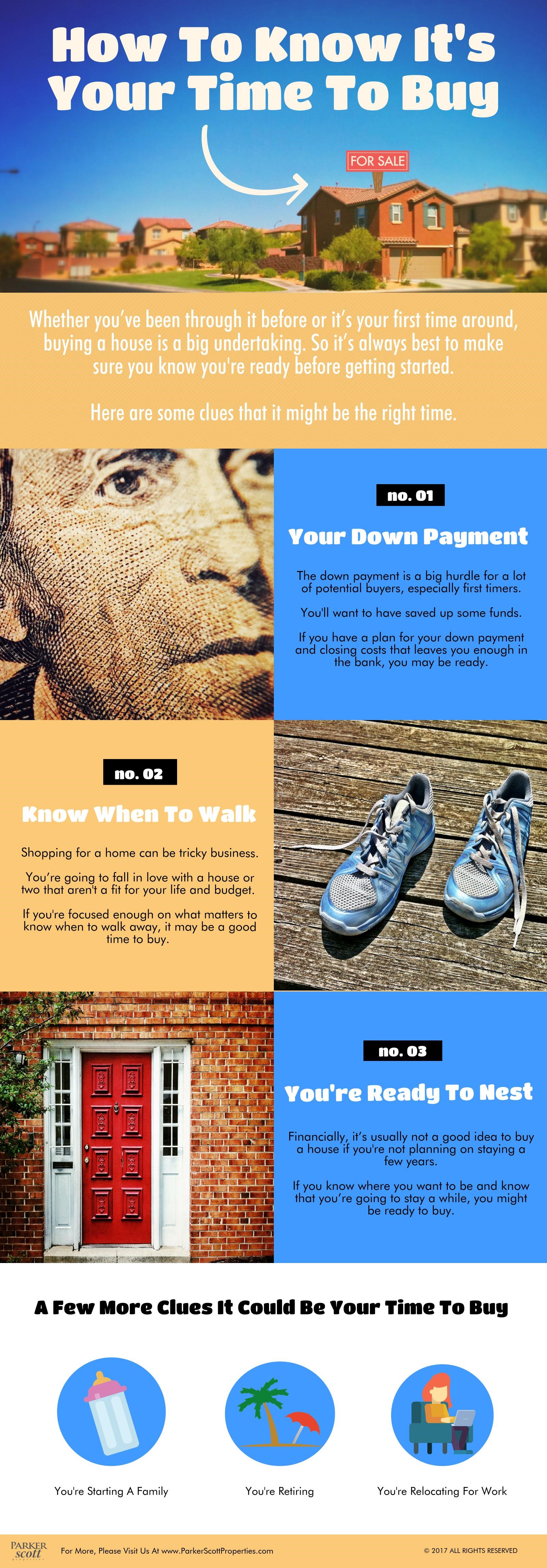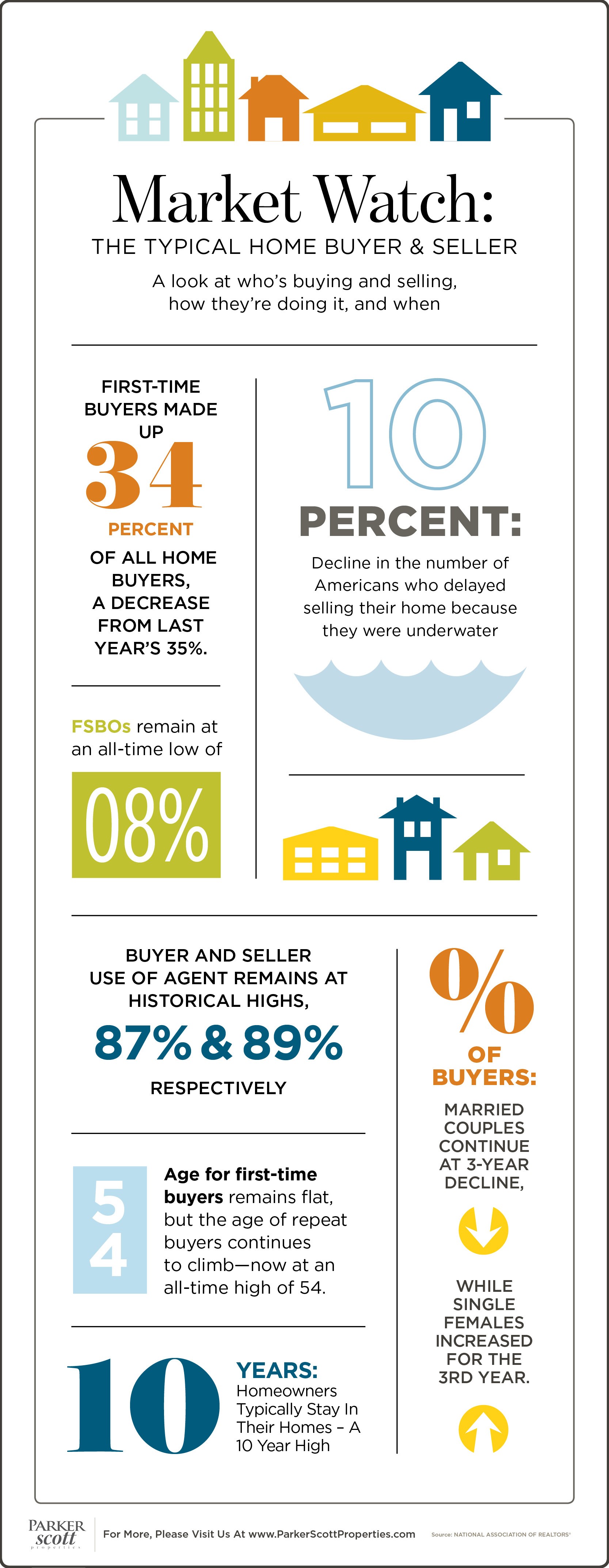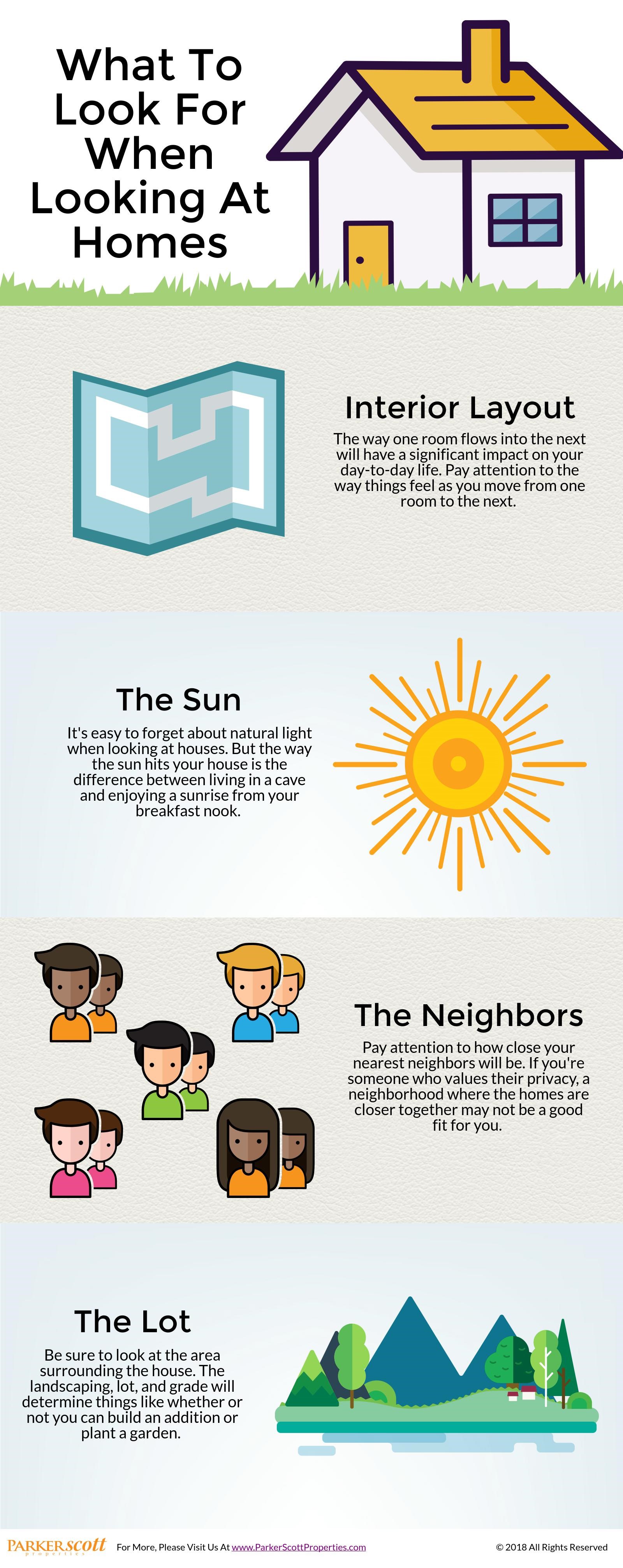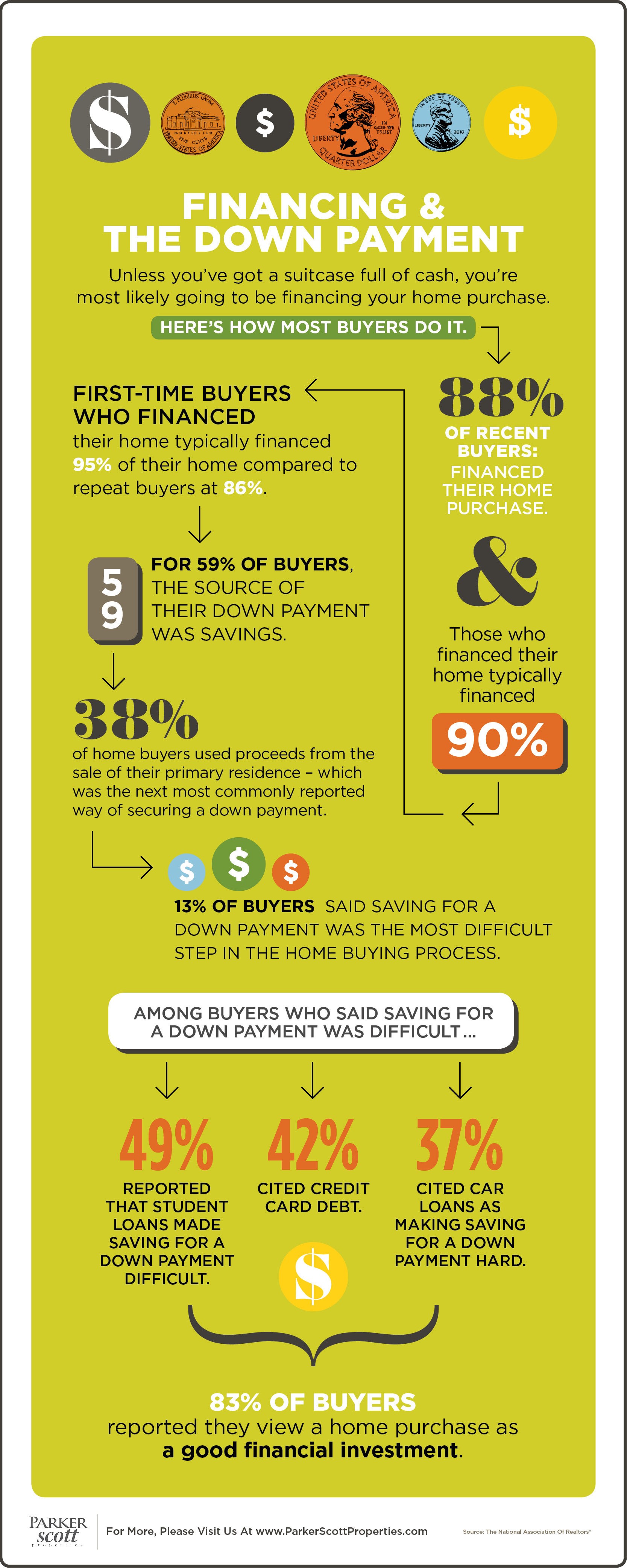If you’ve been at all interested in shopping for a home, you’ve likely heard news about rising home prices. Since the housing crash, home values have rebounded and, in some areas, the climb has been quick. However, news about increasing prices should be measured against how far they fell. In other words, though prices have rebounded, they are still below their previous peaks in many markets. In fact, according to recent numbers from ATTOM Data Solutions, median home prices are still below their pre-recession peaks in 46 percent of the 105 metro areas analyzed – including cities like Chicago, Baltimore, Tucson, Las Vegas, and New York-Newark-Jersey City. That’s why it’s always a good idea to look into where prices are in the specific neighborhoods where you’d most be interested in buying. Price increases will vary from one city to the next. So there may still be opportunities for buyers in the areas you’d like to live, despite home prices’ overall upward trend. More here.










